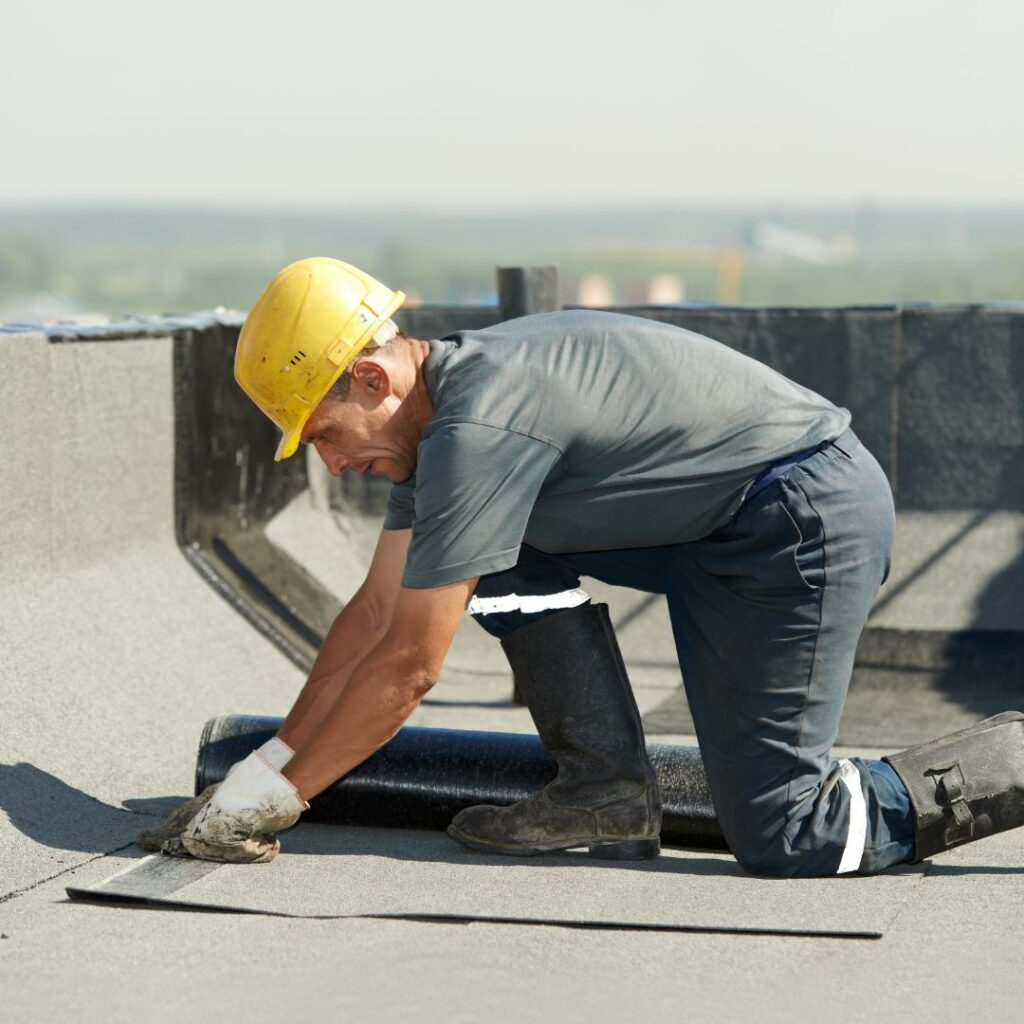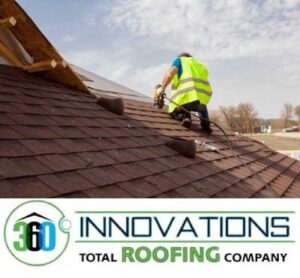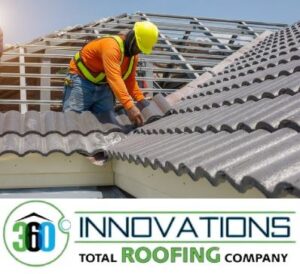

Texas homeowners face a relentless challenge: thermal cycling. Daily temperature swings—from chilly 40°F mornings to scorching 100°F afternoons in cities like Dallas—cause roofing materials to expand and contract. Over time, this thermal stress leads to cracked shingles, warped metal panels, and premature aging. Let’s explain how material selection combats these issues, ensuring your residential roofing or commercial roofing system lasts decades in Texas’ harsh climate.
What is Thermal Expansion (and Why Does Texas Weather Amplify It?)
The Science Behind Thermal Stress
Thermal expansion occurs when materials expand in heat and contract in cold. In Texas, the annual thermal cycle (40°F to 100°F+) is extreme:
- Metal roofs expand up to 1.5 inches per 100 feet in summer heat.
- Asphalt shingles can buckle or curl after repeated expansion/contraction.
How Thermal Cycling Accelerates Roof Damage
- Daily Stress: A Dallas roof may endure 60+ thermal cycles yearly, weakening adhesive bonds and fasteners.
- Seasonal Shifts: Winter cold makes materials brittle, while summer heat softens them, increasing crack risks.
Material-Specific Impacts of Thermal Expansion
Asphalt Shingles: Buckling and Granule Loss
- Problem: Asphalt softens in heat, causing shingles to warp or “fishmouth” (edges lifting). Cold weather makes them brittle, leading to cracks.
- Fix: Choose impact-resistant shingles with fiberglass matting for flexibility.
Metal Roofs: Expansion Joints and Fastener Fatigue
- Problem: Without expansion joints, metal panels can warp or pull away from fasteners.
- Fix: Install standing seam metal roofs with concealed clips that allow movement.
Tile Roofs: Cracking in Freeze-Thaw Cycles
- Problem: Clay/concrete tiles absorb moisture, which expands when frozen, causing cracks.
- Fix: Use frost-resistant tiles and ensure proper underlayment drainage.
“For long-lasting solutions, explore our residential roofing services for asphalt or metal upgrades, or commercial roofing options for large-scale tile installations.”
Engineering Solutions for Texas Thermal Stress
Expansion Joints in Metal Roofing Systems
- Purpose: Allow panels to expand/contract without damaging seams.
- Specs: Space joints every 20–30 feet on Dallas-area metal roofs.
Cool Roofing Coatings to Reduce Heat Absorption
- How It Works: Reflective coatings lower surface temperatures by 30–50°F, minimizing expansion.
- Best For: Flat commercial roofing systems in Houston or San Antonio.
Proper Ventilation to Stabilize Attic Temperatures
- Goal: Reduce thermal cycling by maintaining attic temps close to outdoor air.
- Strategy: Combine ridge vents, soffit intakes, and solar-powered fans.
Case Study – Dallas Homeowner Solves Shingle Buckling with Material Upgrade
- Problem: A 2018 asphalt shingle roof in Frisco warped within 3 years due to thermal stress.
- Solution: Replaced with architectural asphalt shingles (higher asphalt content) and added radiant barrier underlayment.
- Result: No buckling after 4 Texas summers and reduced attic temps by 18°F.
“Like this homeowner, upgrade your roof’s durability with our residential roofing team, specializing in heat-resistant materials.”
Common Mistakes to Avoid
- Ignoring Expansion Joints: Skipping them on metal roofs leads to oil-canning (warping).
- Using Low-Quality Sealants: Cheap caulking dries out and cracks under thermal stress.
- Poor Insulation: Inadequate attic insulation amplifies temperature swings.
Conclusion

Whether you’re upgrading residential roofing in Dallas or a commercial roofing project in Plano, prioritizing materials with thermal flexibility—like metal with expansion joints or impact-resistant shingles saves costly repairs. Partner with a Texas roofer who understands local heat stresses.
Frequently Asked Questions (FAQs)
Can I repair buckled asphalt shingles instead of replacing them?
Temporary fixes often fail. Permanent solutions require replacing damaged shingles and improving ventilation.
Do metal roofs rust faster in Texas heat?
High-quality galvalume or aluminum roofs resist corrosion. Avoid steel without coatings in humid areas.
How often should I inspect my roof for thermal damage?
Twice yearly—before summer and after winter—to catch cracks or warping early.
Share the post
Why Commercial Roof Maintenance Services Are Essential for Your Business
When you think about protecting your business, your roof may not be the first thing that comes to mind—but it should be. A commercial roof is one of the most important investments for any business…
Read MoreThe Importance of Professional Commercial & Industrial Roofing Services
When it comes to protecting your business, your roof is one of the most valuable assets you have. From warehouses and factories to office buildings and retail spaces, a strong and well-maintained roof ensures safety,…
Read More

